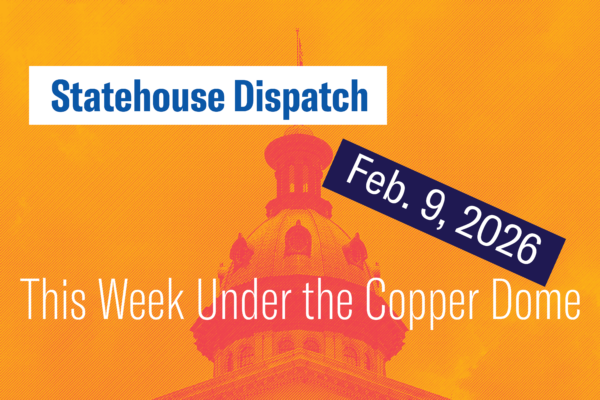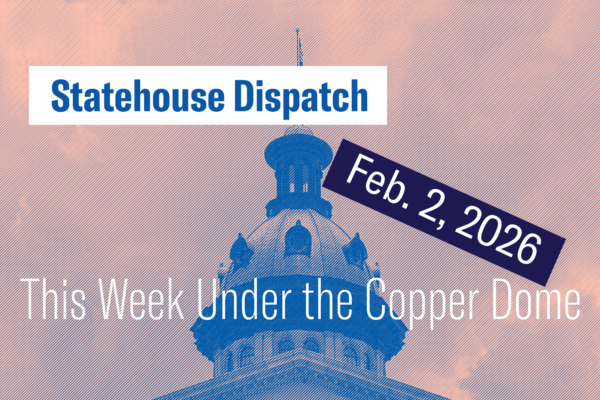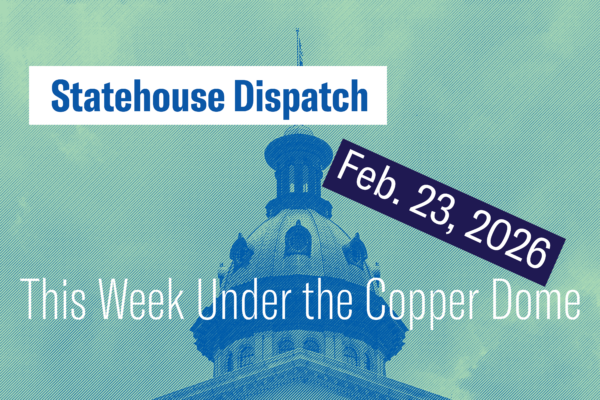Free Speech

The framers of the Constitution believed that freedom of inquiry and free expression were the hallmarks of a democratic society. The First Amendment exists to protect speech, even the most offensive and controversial, from government suppression.
In the Courts
Since our founding in 1968, the ACLU-SC has fought to defend and advance the First Amendment rights of all South Carolinians. Some of our earliest cases involved the free speech rights of Vietnam War protesters. Today some of our most pitched free-speech battles involve the rights of teachers, librarians, and students.
In the Legislature
Again and again, lawmakers have sought to restrict the free-speech rights of their fellow South Carolinians on racial, political, and religious grounds. Year after year, we show up in the state capital to fight back against harmful bills before they become law.
In the Community
We are proud to help lead Freedom to Read SC, a statewide coalition that works to defeat unconstitutional book bans in schools and libraries. You can join the coalition email list here, follow us on Facebook, and find helpful links and more information via the League of Women Voters SC website.
The Latest

Statehouse Dispatch: Feb. 9, 2026

Statehouse Dispatch: Feb. 2, 2026
Cases, Campaigns & Legislation
SCASL v. Weaver
Bregy v. Clemson
Stay Informed
Sign up to be the first to hear about how to take action.
By completing this form, I agree to receive occasional emails per the terms of the ACLU’s privacy statement.
By completing this form, I agree to receive occasional emails per the terms of the ACLU’s privacy statement.


